« Here comes a time when protesting is no longer enough, after philosophy, action is needed.
Vigorous force completes what the idea has sketched out. »
Victor Hugo
It is difficult to imagine a port where the water is clear, the atmosphere calm and quiet, the air is salty and not diesel. It is even more difficult to imagine seas where motorized pleasure boats would have no harmful effects on the fauna and flora and would be in harmony with the marine ecosystems.
FinX wants to help make this vision a reality, using a unique technology that reduces carbon and energy impact.
This will be FinX’s revolution, the new propellerless boat engine, applicable to small, medium and large power, electric (soon to be hydrogen) and bio-inspired.

12% of global transport emissions attributed to maritime transport
It is essential and necessary to move towards a more ecological and less energy-consuming world. FinX intends to participate in solving the problem of energy consumption in shipping. In 2019, it was responsible for 90% of the world's freight trade (totaling 940 million tons of CO2 and contributing to 2.5% of global greenhouse gas emissions). It could account for 17% of global GHG emissions by 2050.

A new fin is to discover
The membrane thrusters developed meet important needs in the nautical world. The engine is composed of a fin, which vibrates. By suppressing the rotational movement of the propeller, FinX eliminates the risk of injury and causes less disturbance to shallow environments (coral reefs, mangroves etc.). The fluid, propelled in a straight line, produces less turbulence, avoids lifting particles to the bottom of the water and damaging marine animals and fragile aquatic ecosystems.
Electricity, hydrogen and recycling
At equivalent speed, FinX undulating diaphragm engines consume less energy than conventional propeller engines. Exclusively electric, they do not emit greenhouse gases and can be powered by a variety of energy sources, including hydrogen, leading us to gradually reduce our dependence on fossil fuels and heavy fuel oil. In the future, FinX hopes to recycle its engines using the materials used in production, with its own reprocessing plants.
"Sound is the only way for marine organisms to communicate and exchange information, since light does not penetrate. Sound is life. To pollute these communication channels is to condemn animals to irremediable imbalances".
Michel André
A softened sound
The noise produced by the propeller disturbs the marine and terrestrial environments. The number of propeller boats has increased significantly over the last 50 years, as has the low-frequency ambient noise, which has increased from 10-15 dB, equivalent to a tenfold increase in sound power. The FinX engine, by cavitating less, reduces the acoustic impact.
Less is more
Composed of a reduced number of parts, engine maintenance is simplified. The membrane can be removed from the propeller by unscrewing the cover. The parts chosen are eco-responsible and will, in the future, be recycled for the most part.
Due to the absence of a propeller, boats and other watercraft are no longer stopped by algae and other debris, a common phenomenon for pleasure boats or small drones and boats that clean polluted environments : they pass through the membrane without blocking it.



